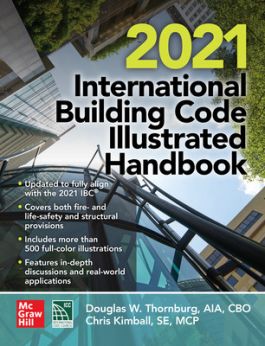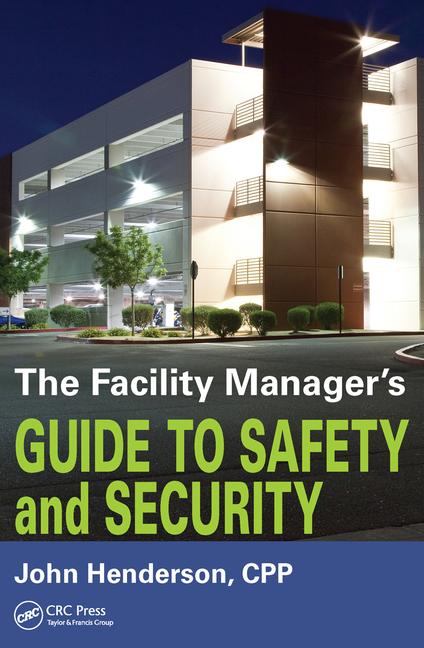In a report released this week, the National Advisory Council (NAC) recommended that the Federal Emergency Management Agency (FEMA) partner with the International Code Council to raise awareness of codes’ mitigation benefits. The report also recommended that FEMA advocate for adherence to up-to-date codes in grant programs to improve community preparedness and resilience across the U.S.
In the aftermath of Hurricane Katrina, the U.S. Congress required the establishment of the NAC—a 35 member cross-section of officials, emergency managers, and emergency response providers from state, local, tribal and territorial governments, the private sector and nongovernmental organizations—to advise FEMA. The Code Council participates in the NAC’s recommendation development process and presented before the NAC at its October meeting.
According to FEMA, roughly two-thirds of communities that face hazard risk have not adopted hazard resistant codes. Many studies have demonstrated the extensive loss avoidance benefits current codes provide. Taking these studies into account, the November 2019 NAC report makes four key recommendations.
- First, FEMA should raise awareness about the benefits of modern codes.
- Second, the agency should partner with the Code Council and others, including the Federal Alliance for Safe Homes, to communicate the importance of codes in disaster-prone regions.
- Third, consistent with a recommendation made in the National Mitigation Investment Strategy, FEMA should consider phasing in eligibility criteria for current and future grant programs to include the adoption of up-to-date model building codes and evidence of effective enforcement capability and require the National Flood Insurance Program’s minimum building standards be at least be equivalent to the latest consensus model codes and standards.
- And, finally, the NAC recommends FEMA provide communities with an intuitive loss estimation tool to help policymakers understand the vulnerability of the existing building stock to disasters and to improve understanding of the positive benefits improved codes and land use practices provide.
“The Code Council is encouraged to see FEMA’s top advisors recommending that the agency ramp up public awareness of the mitigation benefits that up-to-date codes provide,” said Code Council Chief Executive Officer Dominic Sims, CBO. “By working alongside FEMA, we can help communities take preventative measures that will help mitigate the damage caused by natural disasters.”
According to a recent Federal Alliance for Safe Homes study, most residents believe that their jurisdictions have adequate building codes. However, analysis from 2019 shows that up to 67 percent of U.S. communities facing hazards such as floods, high winds, hurricanes, seismic or tornado hazards do not have the necessary minimum disaster provisions. Campaigns highlighting the importance of codes could drive market demand for homes built to strong building codes, which in turn will encourage state and local governments to update their communities’ codes.
The full 2019 NAC report is available here. Visit www.iccsafe.org/codes-save to learn more about the importance of modern building codes.






